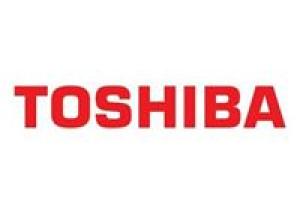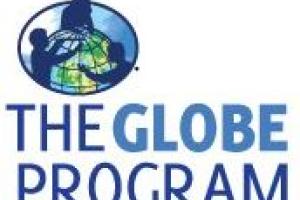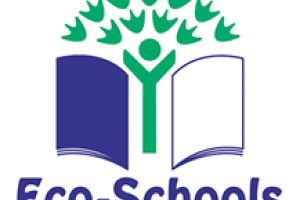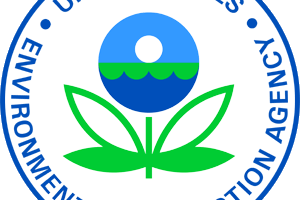
EPA: Radon in Schools
/resource/epa-radon-schools
U.S. Environmental Protection Agency
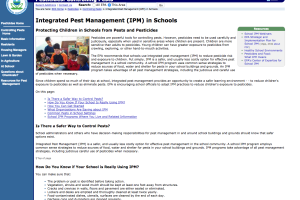
Integrated Pest Management in Schools
/resource/integrated-pest-management-schools
Environmental Protection Agency
Asthma Awareness Month
/resource/asthma-awareness-month
United States Environmental Protection Agency
Toshiba/NSTA ExploraVision
/resource/toshibansta-exploravision
Toshiba/NSTA ExploraVision

TAPESTRY Grants for Science Teachers
/resource/tapestry-grants-science-teachers
Toyota
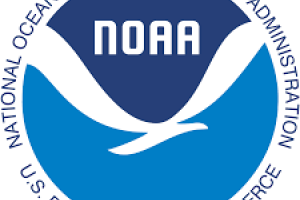
Environmental Literacy Grants and Bay Watershed Education and Training Program
/resource/environmental-literacy-grants-and-bay-watershed-education-and-training-program
National Oceanic and Atmospheric Administration
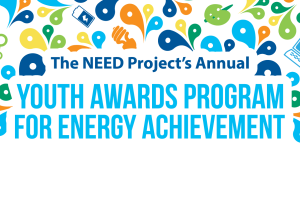
Youth Awards Program for Energy Achievement
/resource/youth-awards-program-energy-achievement
National Energy Education Development Project
Environmental Education (EE) Grants
/resource/environmental-education-ee-grants
United States Environmental Protection Agency
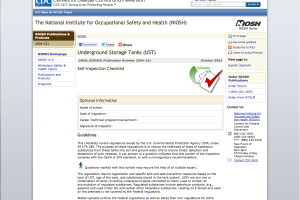
The National Institute for Occupational Safety and Health: Underground Storage Tanks
/resource/national-institute-occupational-safety-and-health-underground-storage-tanks
Center for Desease Control and Prevention
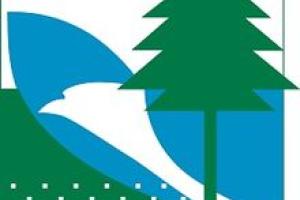
North American Envirothon Competition
/resource/north-american-envirothon-competition
Envirothon
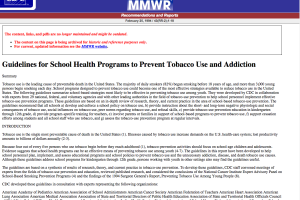
Guidelines for School Health Programs to Prevent Tobacco Use and Addiction
/resource/guidelines-school-health-programs-prevent-tobacco-use-and-addiction
Center for Desease Control and Prevention
National Environmental Education Foundation
/resource/sunwise
National Environmental Education Foundation
Service Learning
/resource/service-learning
United States Department of Agriculture Forest Service
National Ocean Sciences Bowl
/resource/national-ocean-sciences-bowl
National Ocean Sciences Bowl
National Environmental Education Foundation
/resource/national-environmental-education-foundation
National Environmental Education Foundation
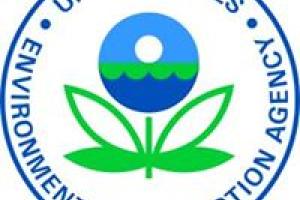
Learning and Teaching about the Environment
/resource/learning-and-teaching-about-environment
United States Environmental Protection Agency
The Propeller Club of the United States Adopt A Ship Program
/resource/propeller-club-united-states-adopt-ship-program
U.S. Department of Transportation Maritime Administration
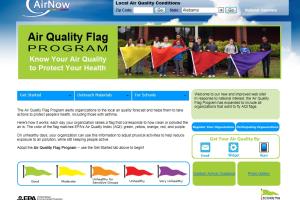
Air Quality Flag Program
/resource/air-quality-flag-program
Environmental Protection Agency

